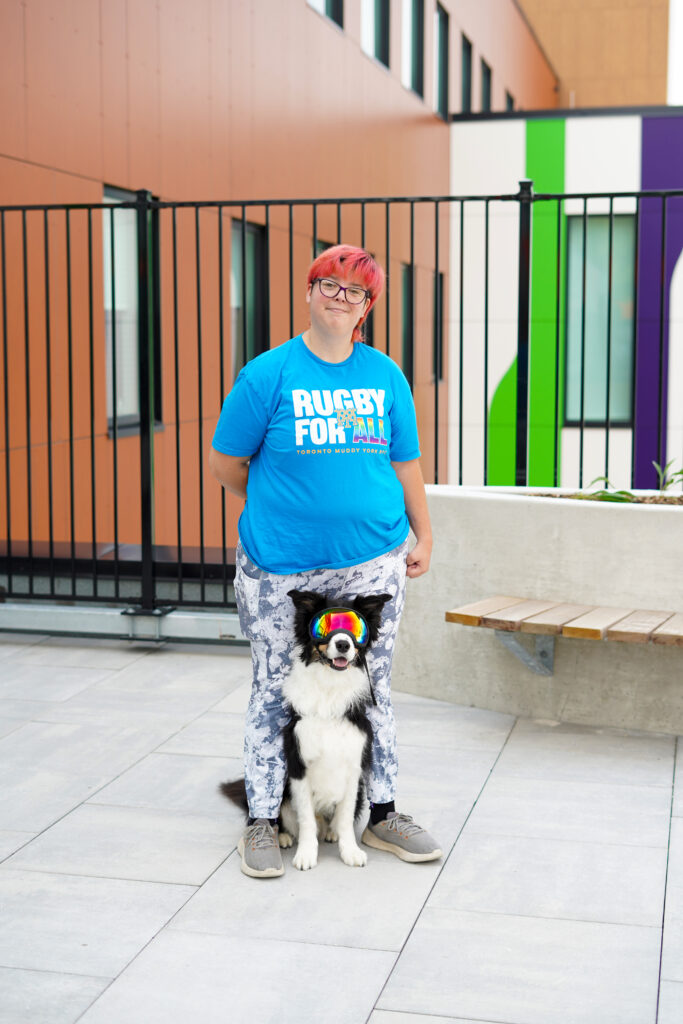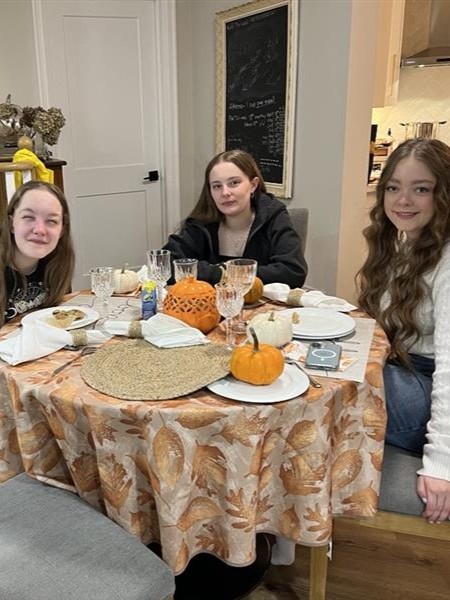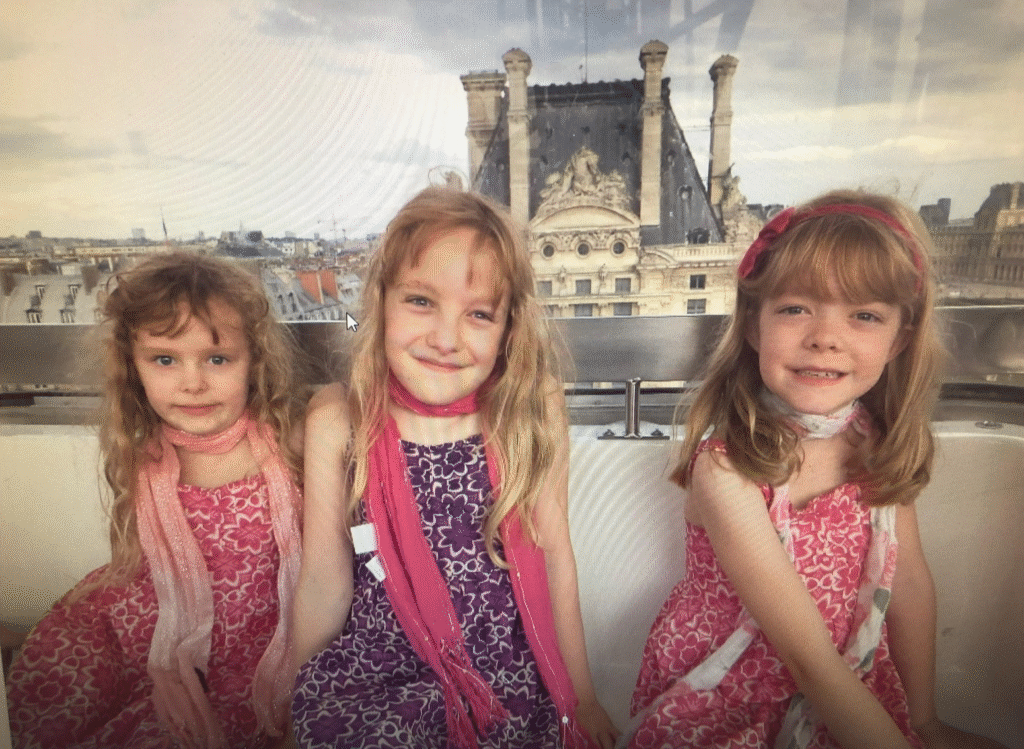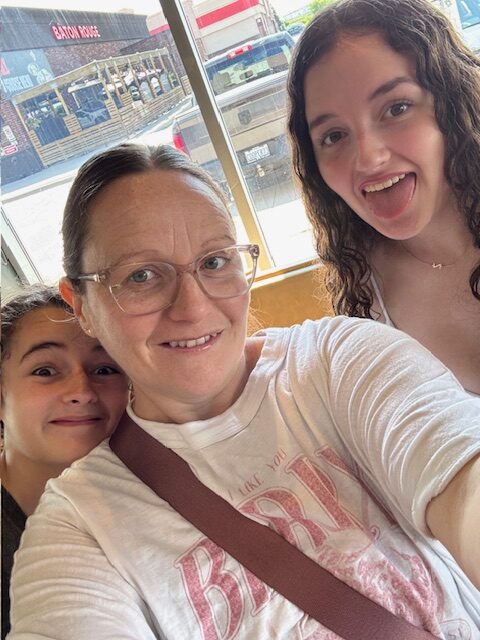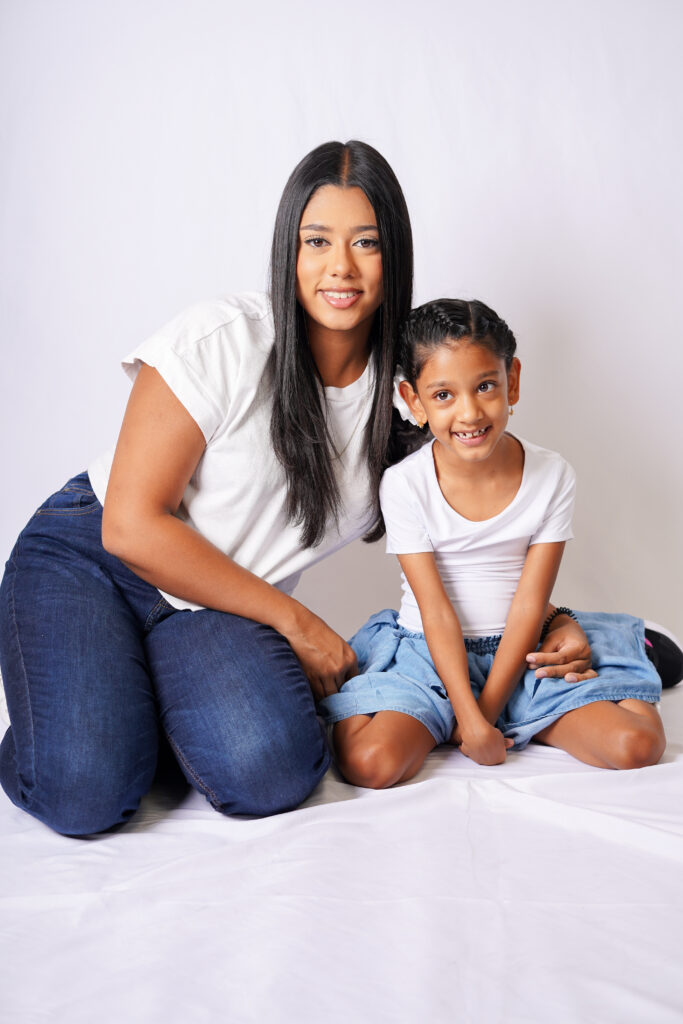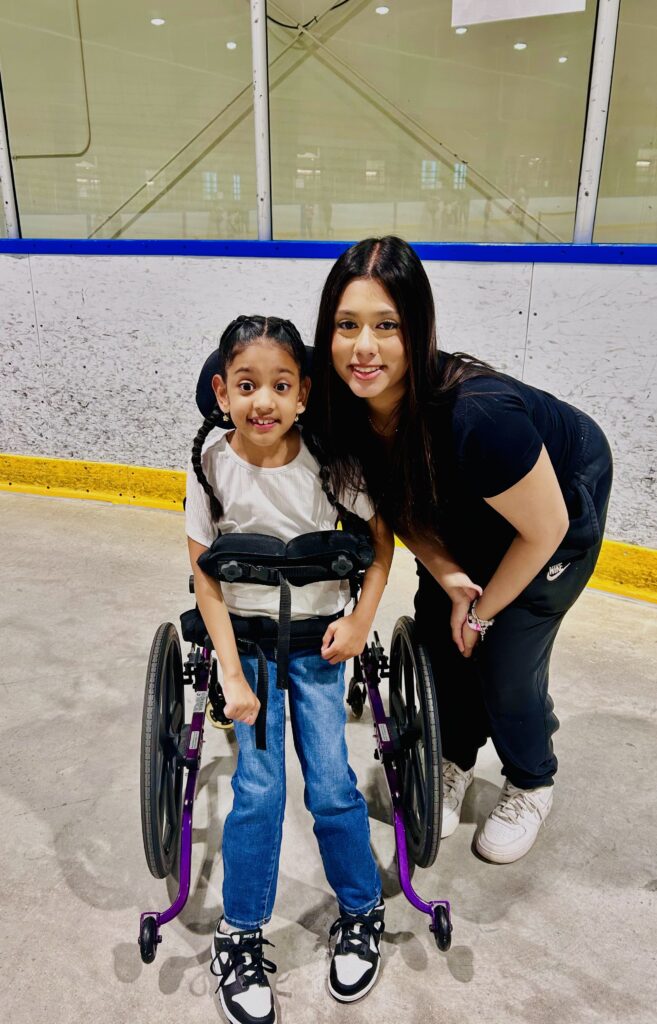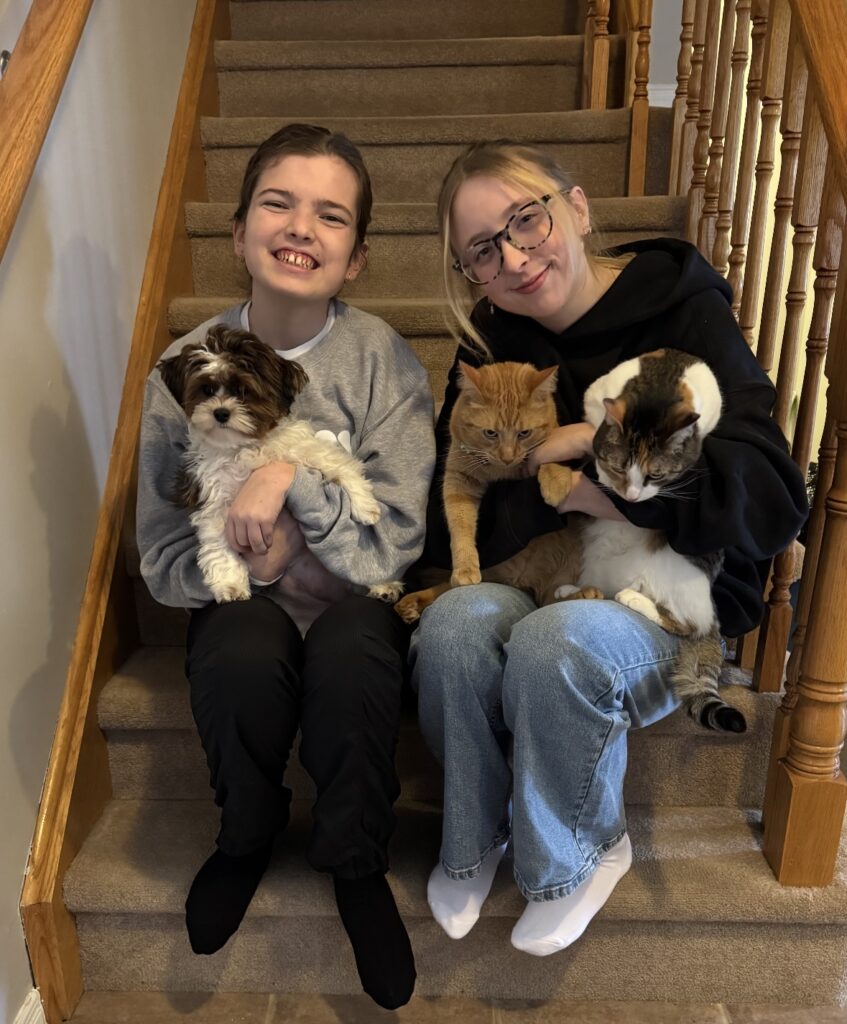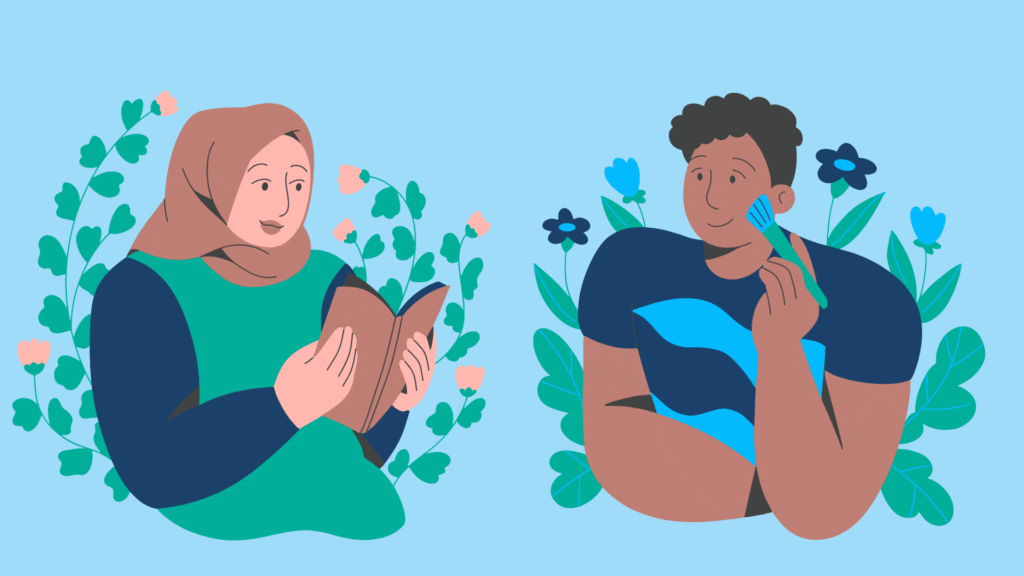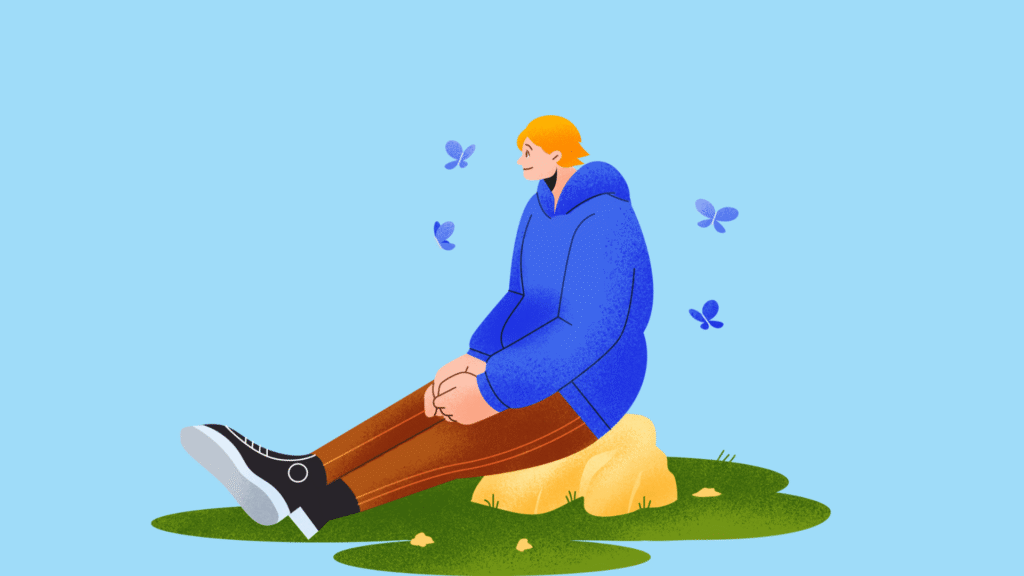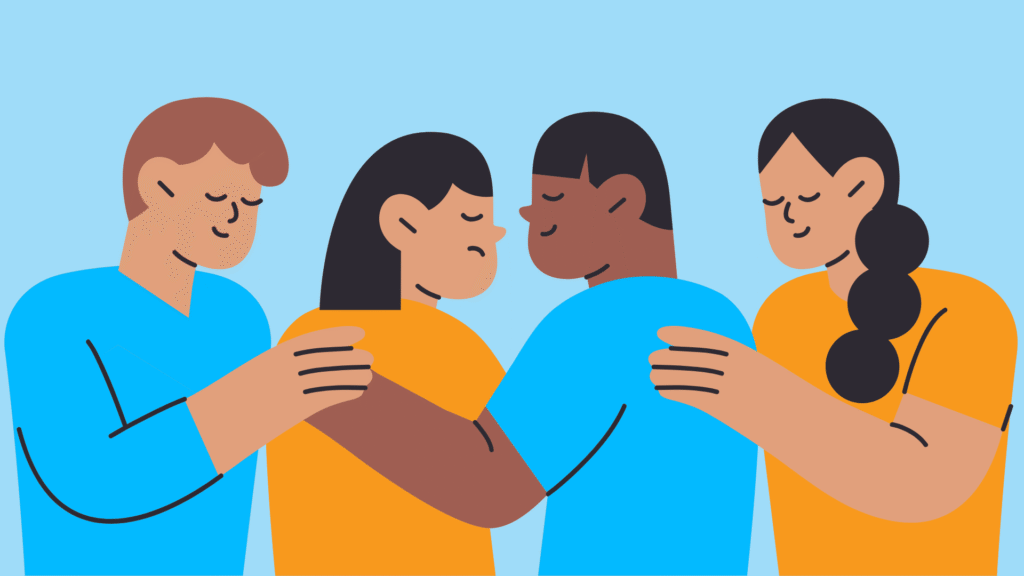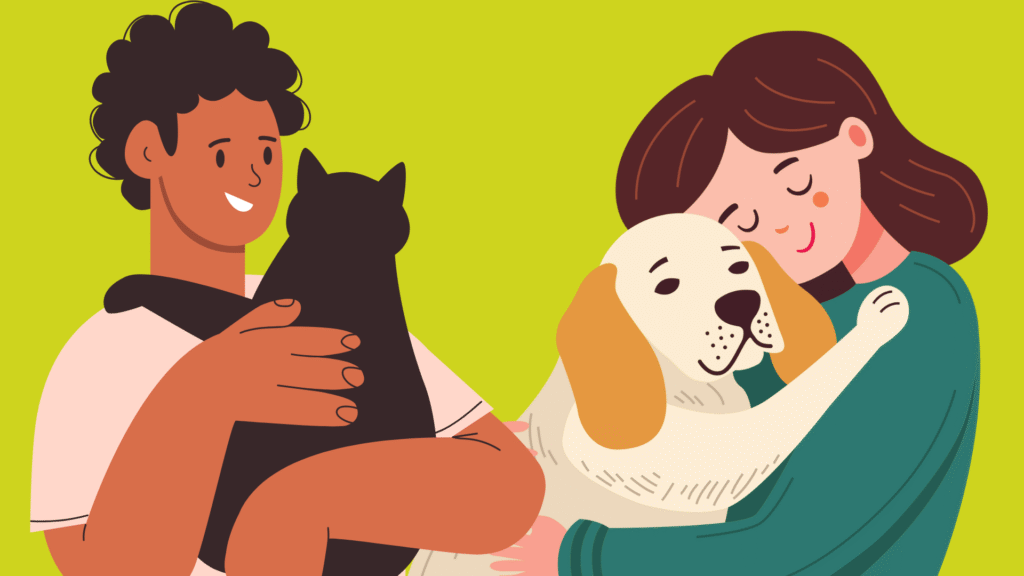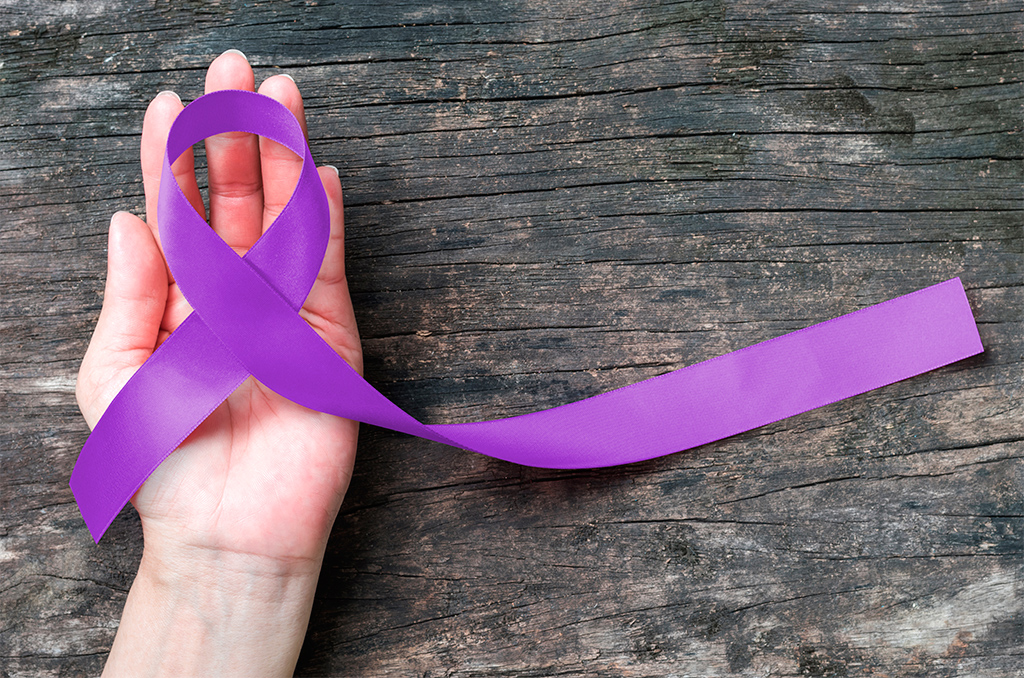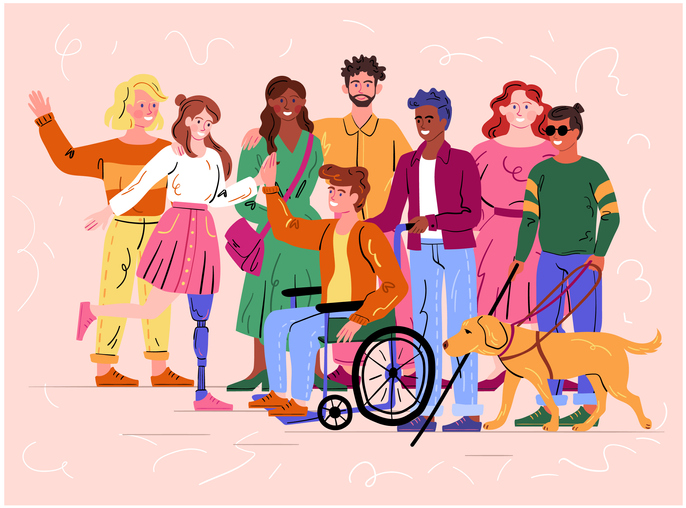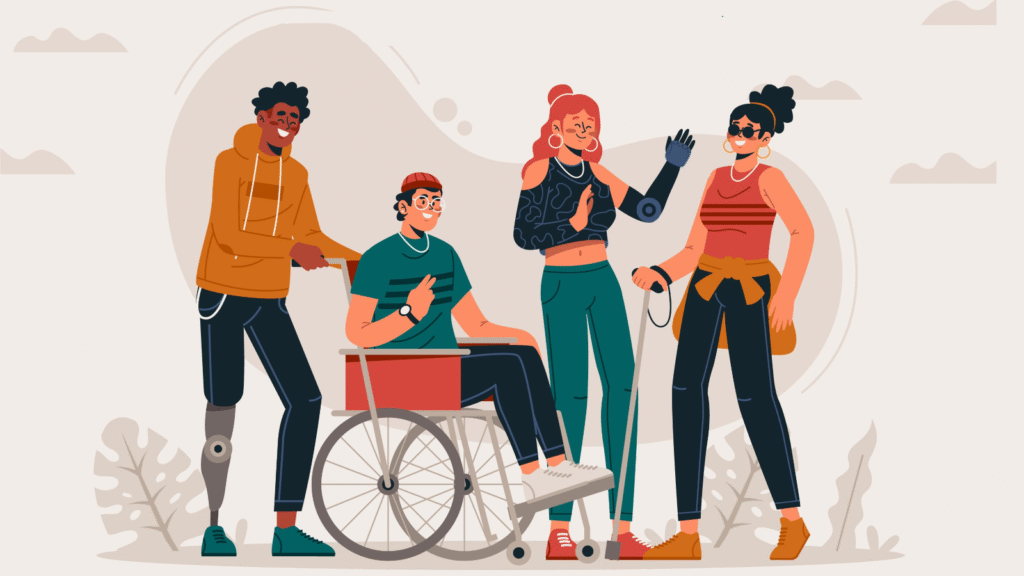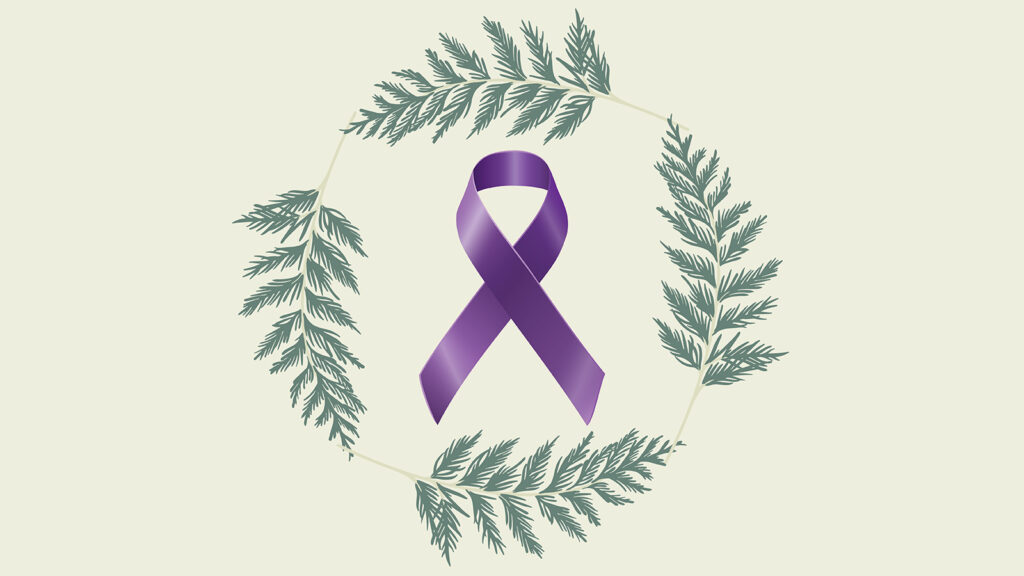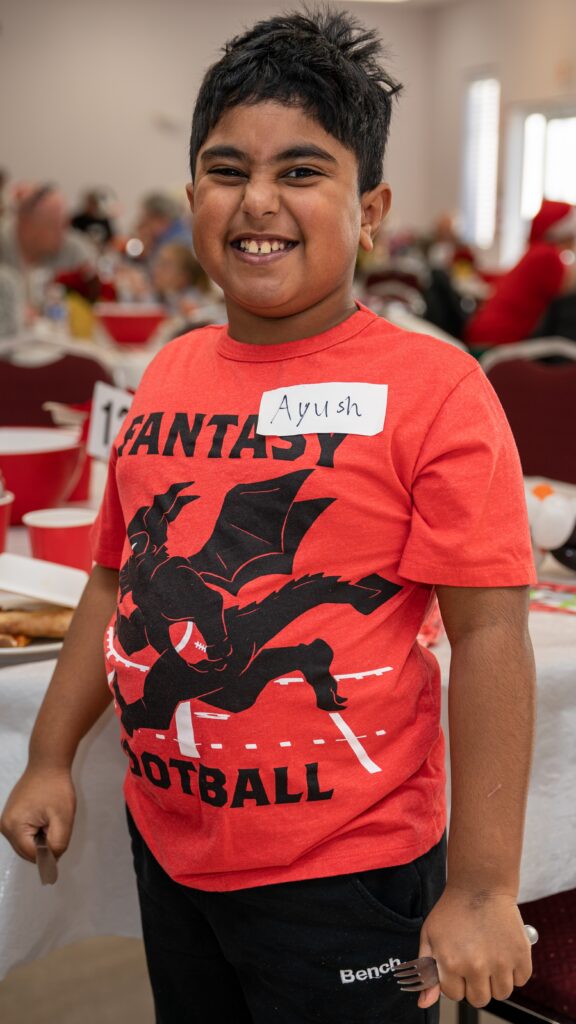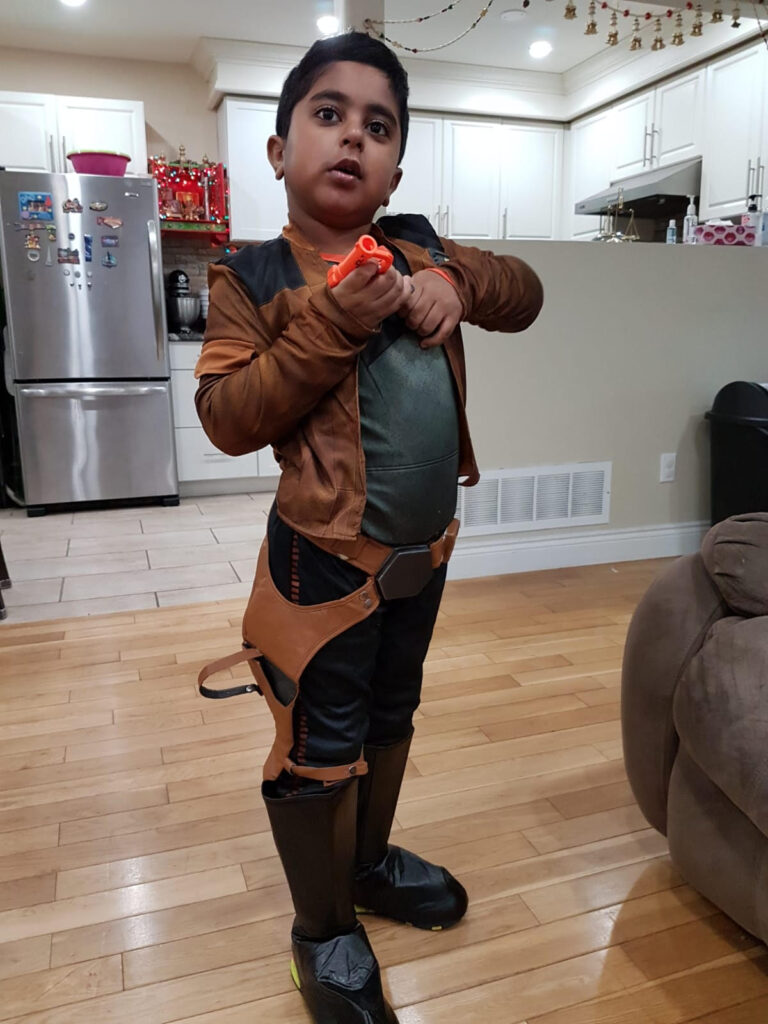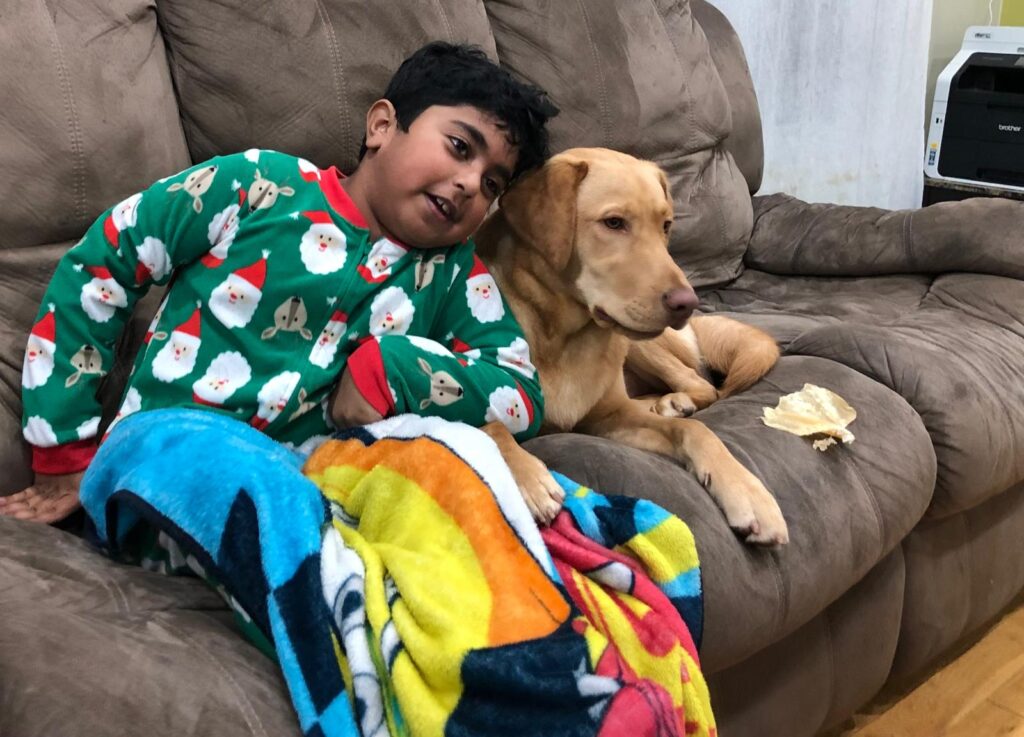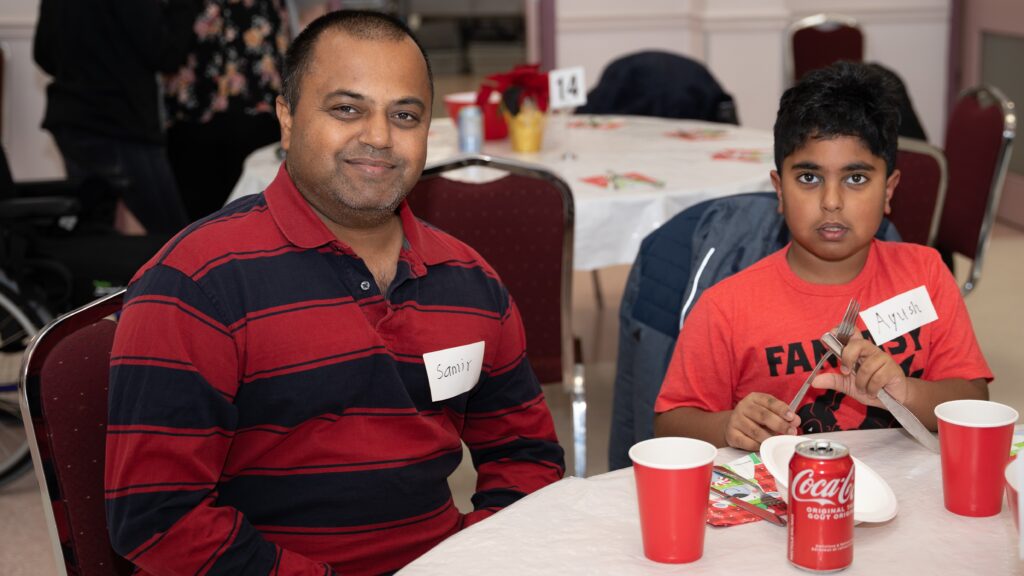International Assistance Dog Week, observed from August 3 to 9, recognizes the dedication of assistance dogs and their trainers, and the critical role these animals play in helping individuals lead more independent lives. While dogs have offered comfort and support to people for centuries, including to wounded soldiers as early as the 1700s, the first formal training of guide dogs for people with vision loss began in California in 1942. Today, assistance dogs are trained to support a wide range of needs, including mobility challenges, autism, hearing impairments, epilepsy, attention-deficit/hyperactivity disorder (ADHD) and anxiety.
What is an Assistance Dog?
An assistance dog or service dog refers to specially trained canines, such as guide dogs and hearing dogs, of any breed that support people with disabilities. Their tasks may include alerting their handler to take medication, providing physical support to those with mobility challenges or performing household duties such as opening cupboards and turning on lights. These dogs may be matched with an individual or work within facilities that support people with special needs.
A therapy dog or emotional support animal, however, is not considered a legally protected assistance dog. While they offer comfort by their presence, they do not perform the specific tasks required under The Accessibility for Ontarians with Disabilities Act and the Ontario Service Dogs Act.
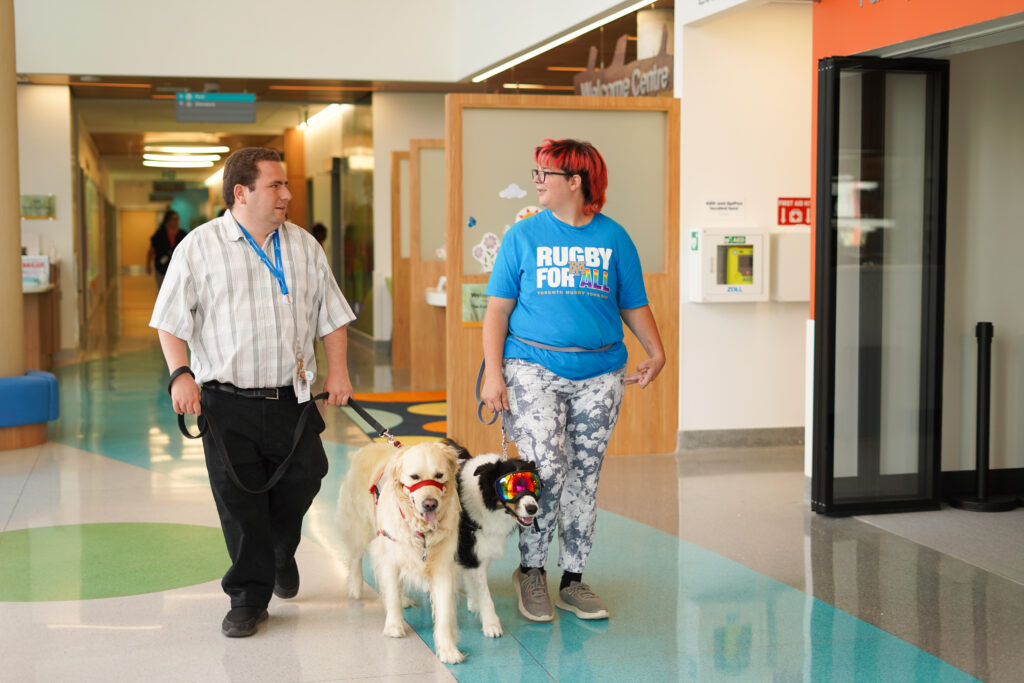
Grandview Kids Archivist and Ability Acceptance presenter Mitchell Daniels, along with Grandview Kids graduate and volunteer Amanda P., recently shared their experiences of living with assistance dogs and the impact these animals have on their daily lives.
Mitchell’s service dog, Sasha, supports him in his work at Grandview Kids and during his Ability Acceptance presentations. As an autism service dog, Sasha provides Mitchell with reliable companionship and practical support. Together, they educate others about the role of service animals and promote understanding of how to appropriately interact with them through their presentations.
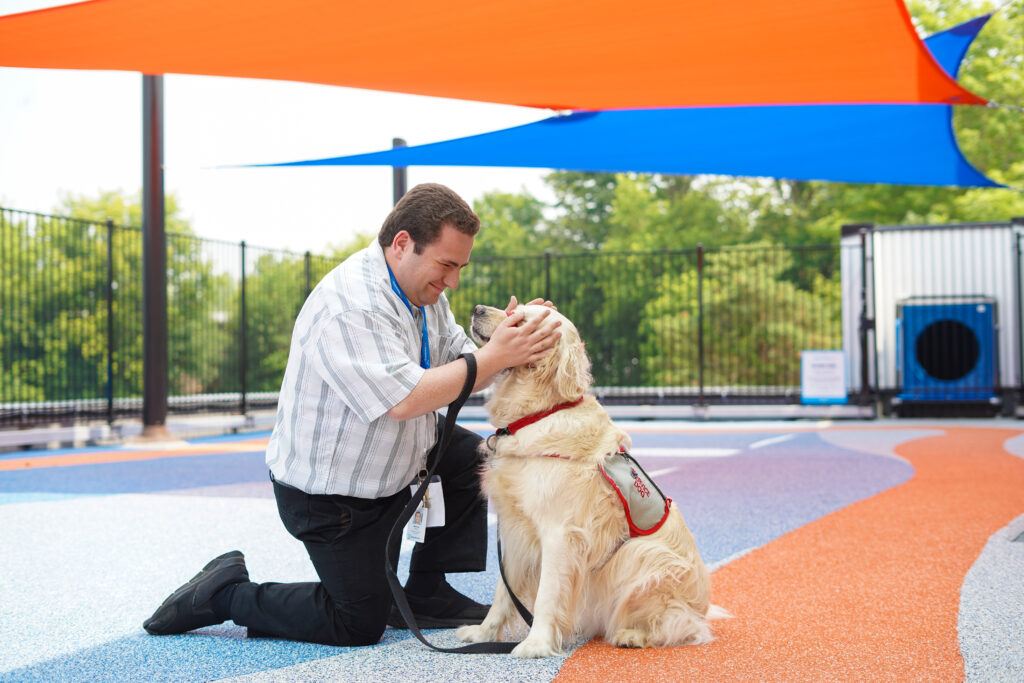
“Sasha helps with my self-esteem, confidence and my anxiety.” – Mitchell Daniels, Grandview Kids Archivist and Ability Acceptance Presenter
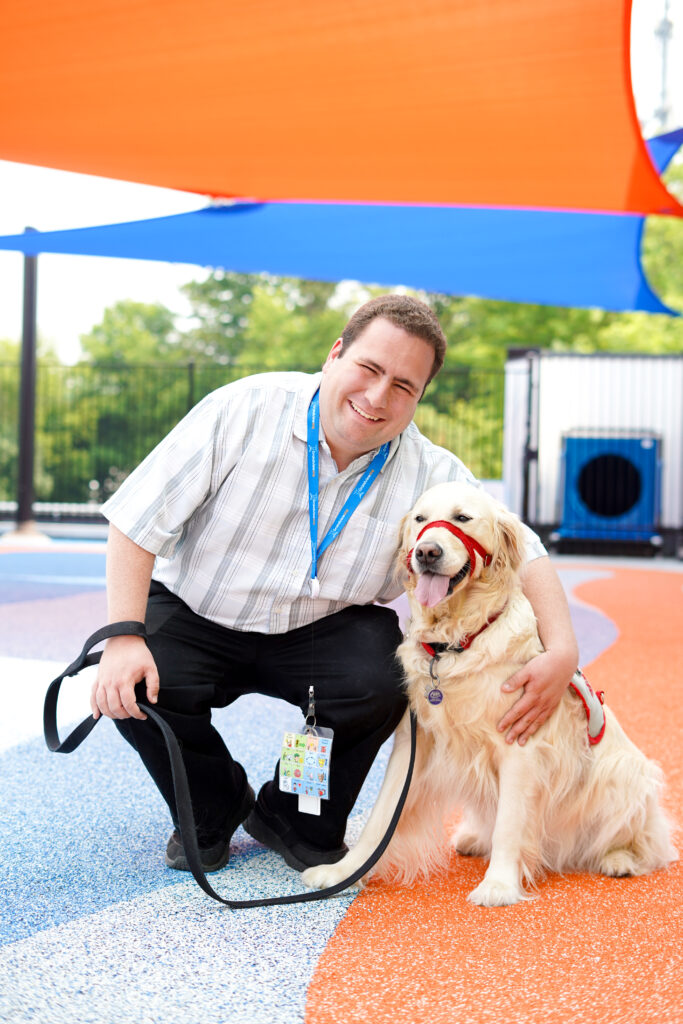
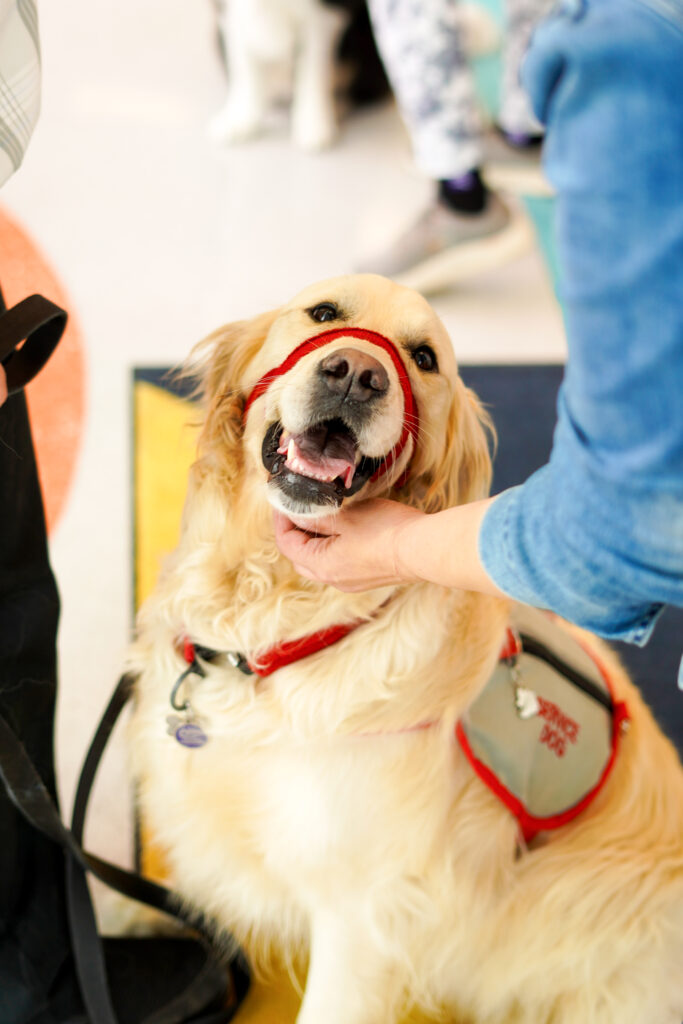
Amanda has had Charlie since he was eight weeks old. He began his service dog training at 18 months and completed it two years later. Charlie has now been by Amanda’s side for the past eight years. When he’s not working, Charlie enjoys going on adventures, including hiking, swimming, paddleboarding and camping and especially loves rolling in the grass after it rains.
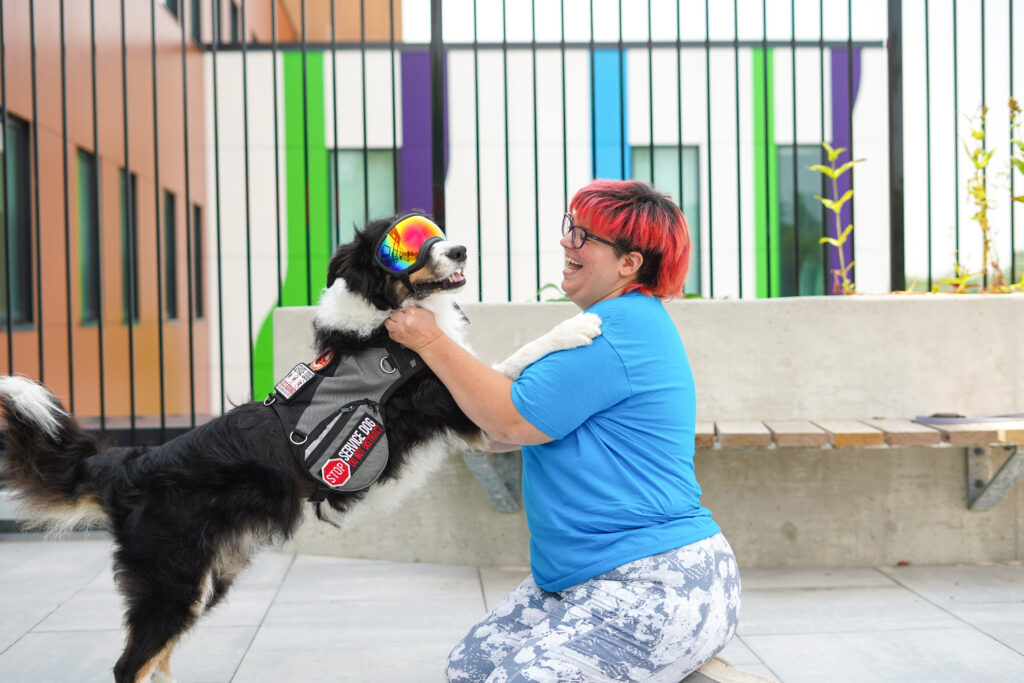
“Charlie has improved my life so much. He makes me feel so happy and has given me a lot of independence. Charlie provides me the ability to go out and do things independently. He has been there for me when I try new things, like rugby. He has even helped me make the friends I have today. Charlie helps calm me down when I am stressed and lays beside me or on my legs. He helps me when my body hurts and is unable to pick up items from the ground” – Amanda P., Grandview Kids Graduate and Volunteer
